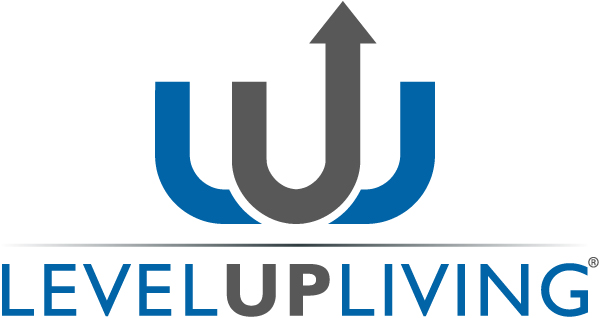Introduction: Elevate Your Decision-Making Skills
Effective decision-making is a cornerstone of success in all aspects of life. Whether you’re facing crucial choices in your career, relationships, or personal development, honing your decision-making skills can lead to better outcomes and increased confidence. In this guide, we delve into practical strategies to elevate your judgment and empower you to make impactful decisions.
Reflect on Past Decisions
One of the most powerful ways to enhance your decision-making skills is to reflect on past choices. Take time each week to analyze your decision-making processes, identify patterns, and consider alternative outcomes. This introspection can provide valuable insights into your cognitive biases and help you improve your critical thinking abilities.
Key Actionable Tips:
- Keep a decision journal to track your choices and their consequences.
- Identify any recurring mistakes or biases in your decision-making.
- Consider seeking feedback from trusted peers or mentors on your decision-making approach.
Explore Alternative Perspectives
Expanding your perspective is essential for making well-rounded decisions. Actively seek out alternative viewpoints, challenge your assumptions, and embrace diverse opinions. This practice can help you avoid tunnel vision and make more holistic decisions that consider various angles of a situation.
Practice Exercise:
Choose a recent decision you made and discuss it with someone who holds a different opinion. Listen actively and try to understand their perspective without judgment.
Utilize Decision-Making Frameworks
Decision-making frameworks provide structured approaches to analyzing choices and making informed decisions. Familiarize yourself with popular frameworks like the SWOT analysis, cost-benefit analysis, or the Eisenhower Matrix. These tools can help you evaluate options systematically and reduce decision-making paralysis.
Framework Comparison Table:
| Framework | Key Features |
|---|---|
| SWOT Analysis | Assesses strengths, weaknesses, opportunities, and threats of a decision. |
| Cost-Benefit Analysis | Weighs the pros and cons of different options based on their costs and benefits. |
| Eisenhower Matrix | Prioritizes tasks based on their urgency and importance. |
FAQ Section
Q: How can mindfulness improve decision-making?
A: Mindfulness techniques can enhance decision-making by promoting focus, clarity, and emotional regulation, leading to more thoughtful choices.
Q: What role does intuition play in decision-making?
A: Intuition can provide valuable insights in decision-making, especially in complex or uncertain situations, but it should be balanced with rational analysis.
Q: How can I overcome decision-making anxiety?
A: Address decision-making anxiety by breaking down choices into smaller steps, seeking support from others, and focusing on the present moment.
Q: Is it better to make fast decisions or deliberate carefully?
A: The optimal approach depends on the situation. Some decisions require quick responses, while others benefit from thorough deliberation to weigh all factors.
Q: How can I improve my risk assessment in decision-making?
A: Enhance your risk assessment by gathering relevant information, considering potential outcomes, and evaluating the probability and impact of risks.
Q: What are the benefits of collaborative decision-making?
A: Collaborative decision-making leverages collective expertise, fosters buy-in from team members, and enhances the quality of decisions through diverse perspectives.
Q: How can I stay consistent in decision-making?
A: Maintain consistency by aligning decisions with your values, setting clear criteria for choices, and regularly reviewing and adjusting your decision-making processes.
Q: What strategies help in making decisions under pressure?
A: Techniques such as deep breathing, reframing the situation, and focusing on priorities can help in making effective decisions under pressure.
Q: How does emotional intelligence influence decision-making?
A: Emotional intelligence enhances decision-making by improving self-awareness, empathy, and the ability to manage emotions, leading to more balanced and empathetic choices.
Q: Can decision-making skills be learned and improved over time?
A: Yes, decision-making skills are not innate and can be developed through practice, self-reflection, and learning from both successes and failures.
Conclusion: Empower Your Decision-Making Journey
By implementing the strategies outlined in this guide, you can enhance your decision-making skills and become a more confident and effective decision-maker. Remember that mastering decision-making is a continuous journey of growth and self-improvement. Start applying these techniques today and watch your judgment and critical thinking abilities flourish.
